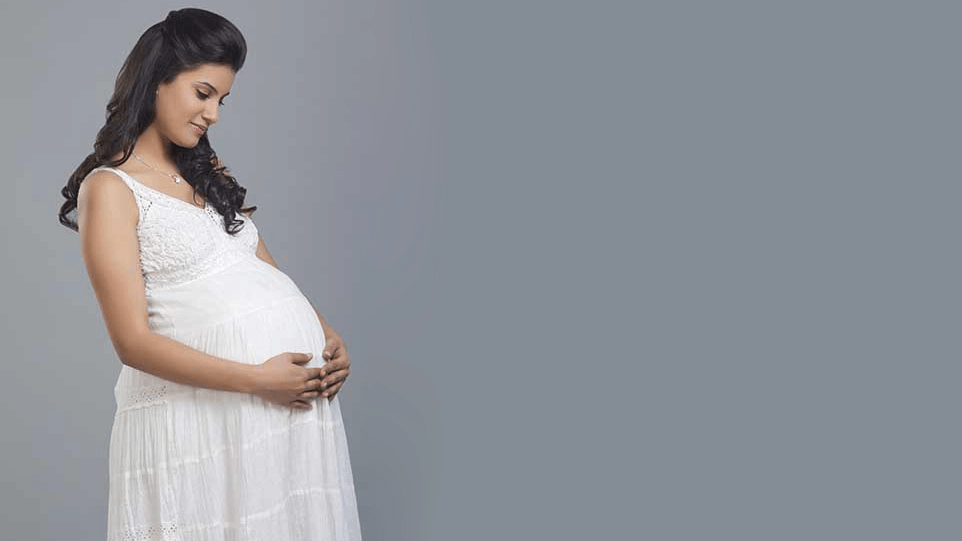Results from the Certolizumab Pegol Pregnancy Exposure Registry: An OTIS Autoimmune Diseases in Pregnancy Project
Speaker: Dr. Christina Chambers, Herbert Wertheim School of Public Health
Key Highlights
Dr. Chambers explained the study aim in detail which was, to evaluate the safety of certolizumab-pegol (CZP) exposure during pregnancy, focusing on risks of major and minor birth defects, pregnancy loss, growth restriction, infections, and neurodevelopmental outcomes.
Study Design and Methods:
-
Design: Open cohort registry with three groups:
-
Women with autoimmune diseases exposed to CZP during pregnancy.
-
Disease-matched controls without CZP exposure.
-
Healthy controls without autoimmune diseases or drug exposure.
-
Methods:
-
Data collection through pregnancy interviews, medical record abstraction, and infant physical exams.
-
Longitudinal follow-ups, including developmental assessments up to five years.
-
Phase 1 involved 150 participants in each cohort; Phase 2 targets 776 participants for greater statistical power.
Phase 1 Results:
-
Pregnancy Outcomes: Live birth rates (88%) and risks for spontaneous abortion, preterm birth, and stillbirth were comparable across groups.
-
Birth Defects: No significant increase in major or minor birth defects, nor patterns of anomalies among CZP-exposed infants.
-
Growth and Neurodevelopment: Comparable birth parameters and growth; slight but non-significant elevations in neurodevelopmental concerns were observed.
-
Infections: No heightened risks of infections or vaccine-related adverse events in the first year.
Unique Safety Profile of CZP:
-
Lacks an Fc region, minimizing placental transfer and teratogenicity risk.
-
Over 80% of participants continued CZP throughout pregnancy without notable neonatal risks, underscoring its utility in managing maternal autoimmune conditions.
Strengths and Limitations:
-
Strengths: Comprehensive data, longitudinal follow-up, and robust comparative groups.
-
Limitations: Small sample size and reliance on maternal reporting for some outcomes.
Future Directions:
Phase 2 aims for larger participant numbers and objective neurodevelopmental assessments, including testing for children aged 3.5–5 years.
Conclusion:
Dr. Chambers concluded that CZP use in pregnancy is not linked to increased risks of defects or adverse neonatal outcomes. Slight neurodevelopmental concerns require further investigation, but current findings are reassuring for maternal disease control during pregnancy.
American College of Rheumatology Convergence 2024, November 14–19, Washington, D.C.




